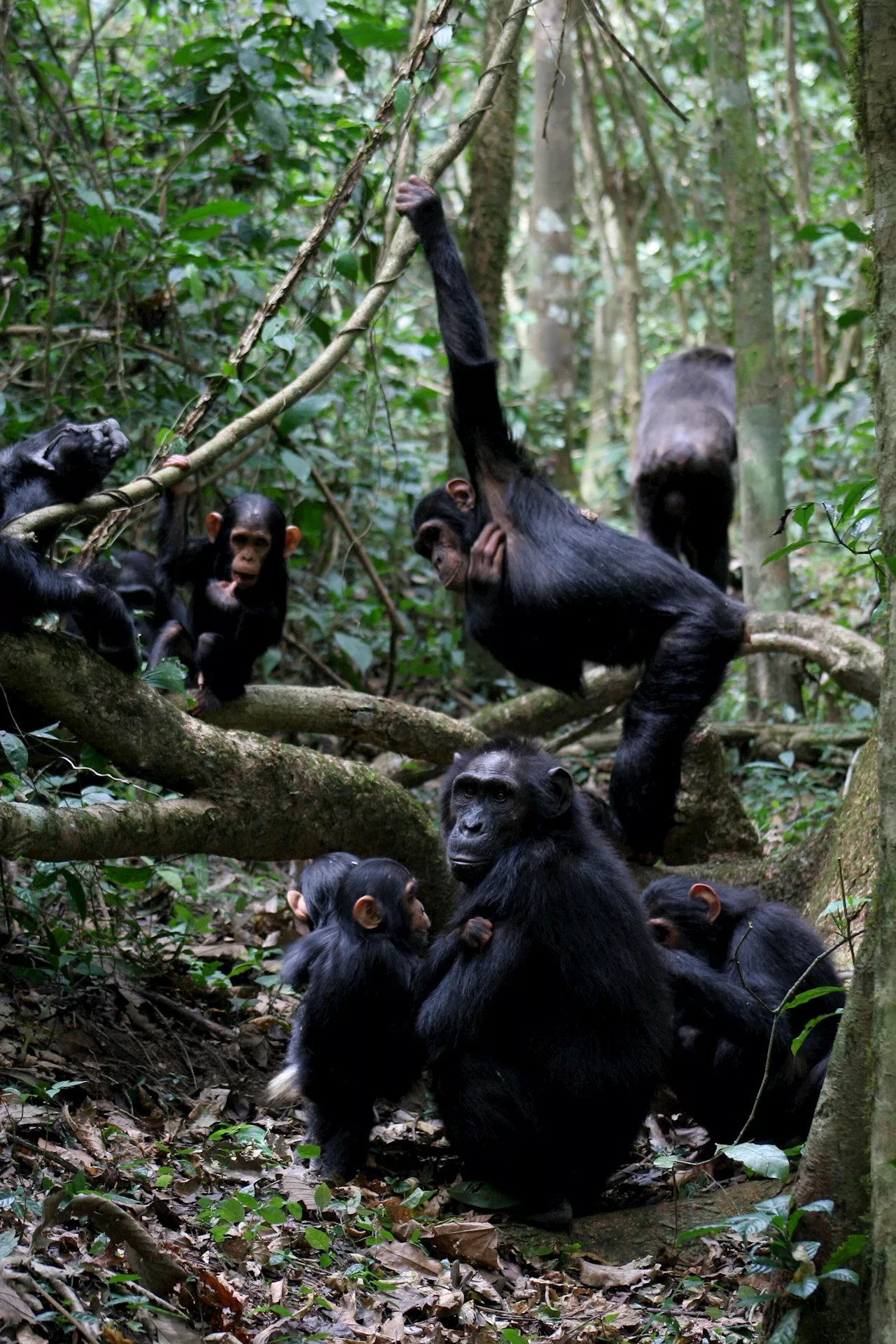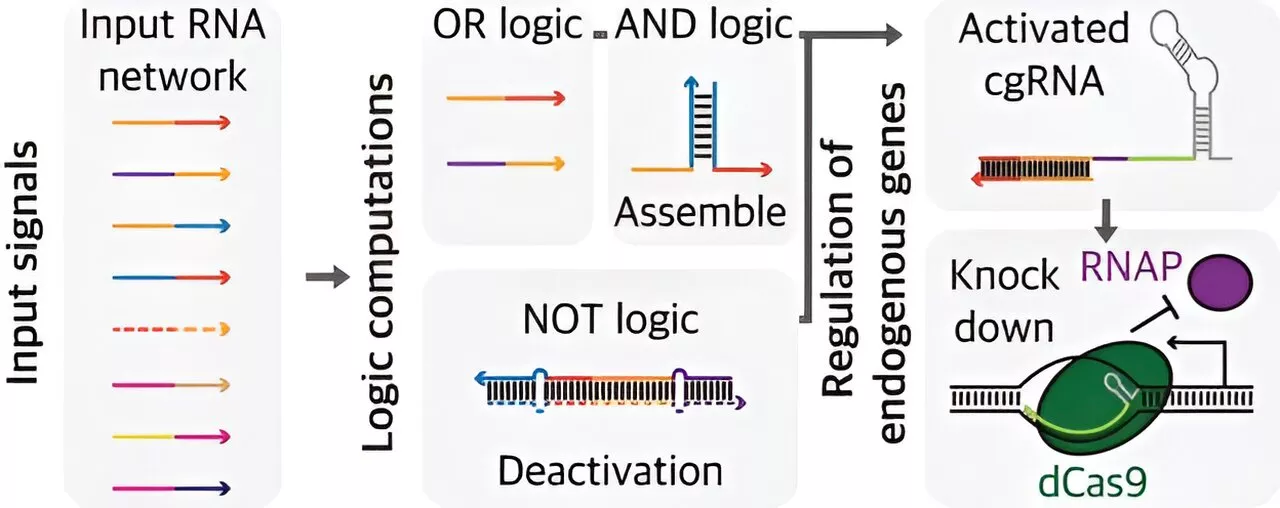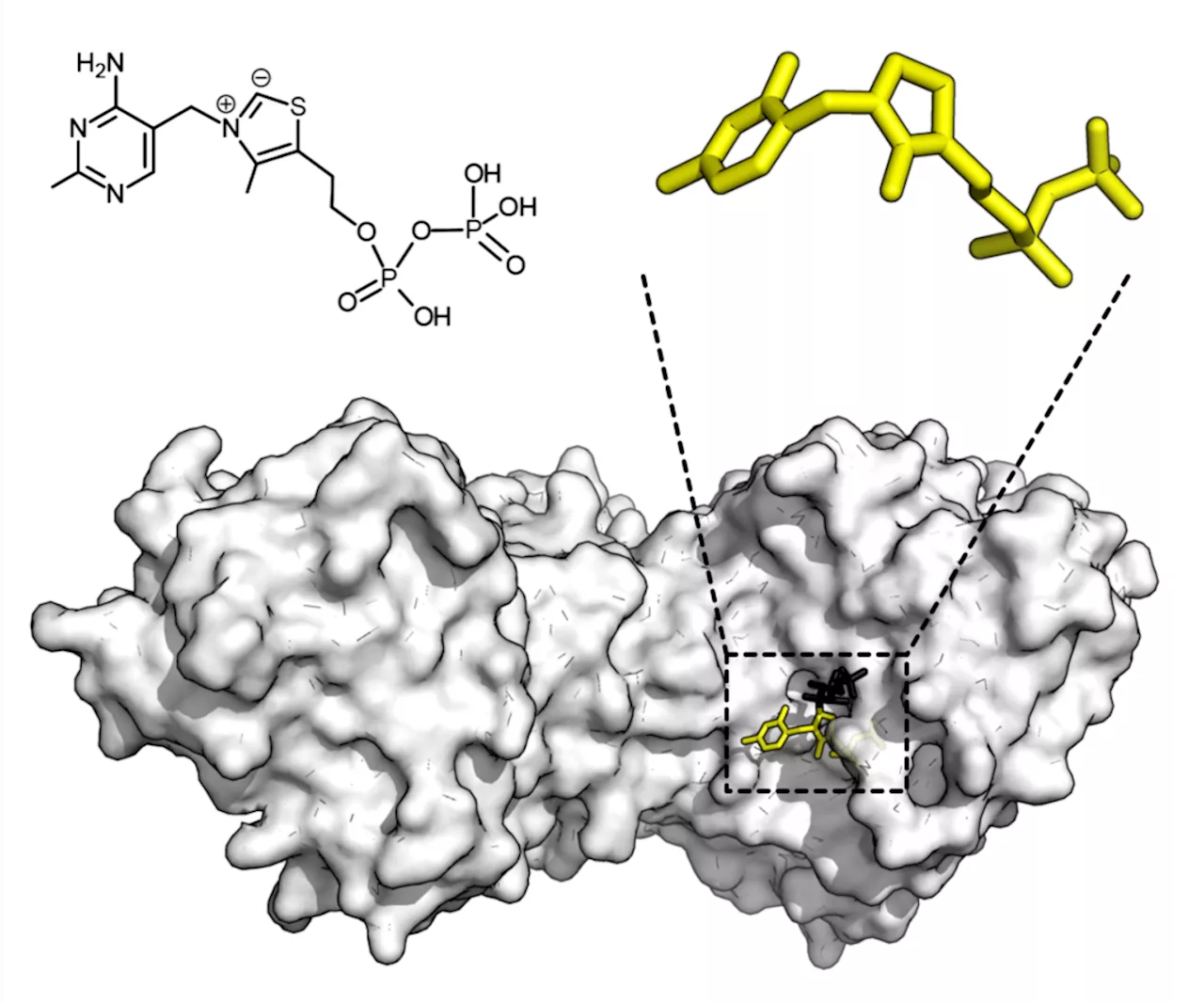Scientists have found a new way to predict how proteins change their shape when they function, which is important for understanding how they work in living systems.
Researchers teach artificial intelligence about frustration in protein folding retrieved 20 August 2024 from https://phys.org/news/2024-08-artificial-intelligence-frustration-protein.html
This document is subject to copyright. Apart from any fair dealing for the purpose of private study or research, no part may be reproduced without the written permission. The content is provided for information purposes only.6 hours ago Use this form if you have come across a typo, inaccuracy or would like to send an edit request for the content on this page. For general inquiries, please use ourThank you for taking time to provide your feedback to the editors.
Your feedback is important to us. However, we do not guarantee individual replies due to the high volume of messages.to let the recipient know who sent the email. Neither your address nor the recipient's address will be used for any other purpose. The information you enter will appear in your e-mail message and is not retained by Phys.org in any form.Get weekly and/or daily updates delivered to your inbox.
Physics News Science News Technology News Physics Materials Nanotech Technology Science
United States Latest News, United States Headlines
Similar News:You can also read news stories similar to this one that we have collected from other news sources.
 False stereotypes mean endangered animals are being protected in the wrong places, say researchersGiant pandas reclining in cloudy hills eating bamboo, European bison picking their way through gloomy and lichen-draped forests and Cape mountain zebra roaming arid mountains.
False stereotypes mean endangered animals are being protected in the wrong places, say researchersGiant pandas reclining in cloudy hills eating bamboo, European bison picking their way through gloomy and lichen-draped forests and Cape mountain zebra roaming arid mountains.
Read more »
 Husk power: Researchers turn rice trash into green concrete treasure with AIResearchers from ten universities use AI to test rice husk ash as a sustainable cement alternative, aiming to cut costs and emissions.
Husk power: Researchers turn rice trash into green concrete treasure with AIResearchers from ten universities use AI to test rice husk ash as a sustainable cement alternative, aiming to cut costs and emissions.
Read more »
 Chimpanzees gesture back and forth quickly like in human conversations, researchers findWhen people are having a conversation, they rapidly take turns speaking and sometimes even interrupt. Now, researchers who have collected the largest ever dataset of chimpanzee 'conversations' have found that they communicate back and forth using gestures following the same rapid-fire pattern.
Chimpanzees gesture back and forth quickly like in human conversations, researchers findWhen people are having a conversation, they rapidly take turns speaking and sometimes even interrupt. Now, researchers who have collected the largest ever dataset of chimpanzee 'conversations' have found that they communicate back and forth using gestures following the same rapid-fire pattern.
Read more »
 Octopus and squid pigments enhance sunscreen without harming the environment, researchers sayWhen Northeastern graduate Camille Martin and associate professor Leila Deravi co-founded Seaspire, a skincare ingredients company inspired by pigment in octopus and squid, their goal was to create a product that is good for your skin and the environment.
Octopus and squid pigments enhance sunscreen without harming the environment, researchers sayWhen Northeastern graduate Camille Martin and associate professor Leila Deravi co-founded Seaspire, a skincare ingredients company inspired by pigment in octopus and squid, their goal was to create a product that is good for your skin and the environment.
Read more »
 Researchers enhance tool to better predict where and when wildfires will occurA newly enhanced database is expected to help wildfire managers and scientists better predict where and when wildfires may occur by incorporating hundreds of additional factors that impact the ignition and spread of fire.
Researchers enhance tool to better predict where and when wildfires will occurA newly enhanced database is expected to help wildfire managers and scientists better predict where and when wildfires may occur by incorporating hundreds of additional factors that impact the ignition and spread of fire.
Read more »
 Smart guide RNAs: Researchers use logic gate-based decision-making to construct circuits that control genesResearchers have transformed guide RNAs, which direct enzymes, into a smart RNA capable of controlling networks in response to various signals. A research team consisting of Professor Jongmin Kim and Ph.D. candidates Hansol Kang and Dongwon Park from the Department of Life Sciences at POSTECH has developed a multi-signal processing guide RNA.
Smart guide RNAs: Researchers use logic gate-based decision-making to construct circuits that control genesResearchers have transformed guide RNAs, which direct enzymes, into a smart RNA capable of controlling networks in response to various signals. A research team consisting of Professor Jongmin Kim and Ph.D. candidates Hansol Kang and Dongwon Park from the Department of Life Sciences at POSTECH has developed a multi-signal processing guide RNA.
Read more »
